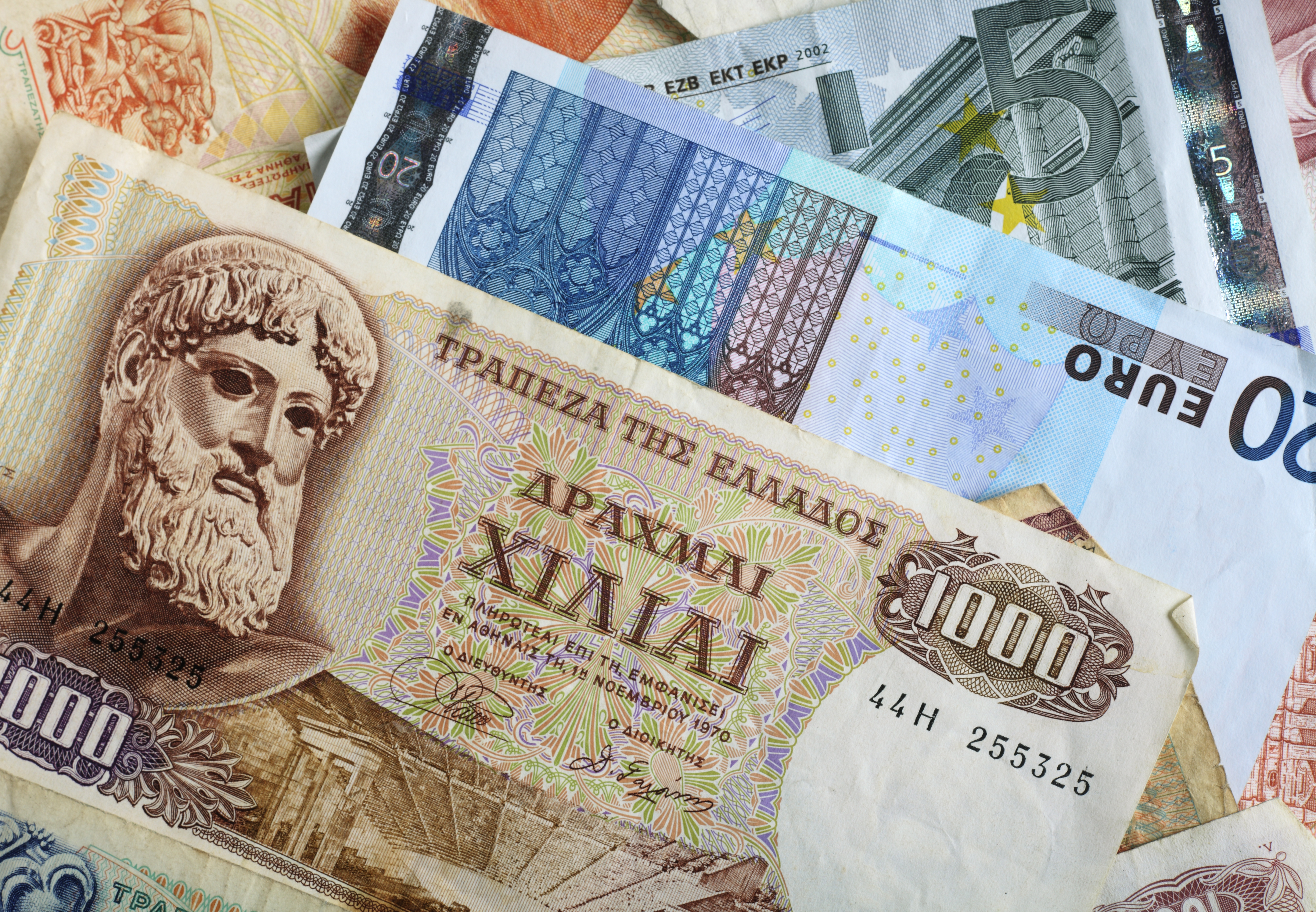What Does Hillary Know?
Hillary Clinton was asked specifically about Keystone XL while on the campaign trail in New Hampshire yesterday. Asked whether she supports or opposes the project, she hedged:
If it’s undecided when I become president, I will answer your question. This is President Obama's decision. I'm not going to second-guess him.
At first blush, this looks like a terrible bit of fence-sitting by Secretary Clinton. As she acknowledges, she was Secretary of State when the entire approval process for this project began. For some, this looked like a classic Clinton-esque fudge at an early stage of a presidential campaign. Yet, if she happens to be privy to the President's thinking about the project (not unlikely), her "hedge" actually comes across a little differently. In short, if Obama spikes the project, it will no longer be undecided if and when Hillary Clinton assumed office. My spidey senses are tingling....
Obama Really IS Serious About Climate Change
There are numerous posts on this blog in which I argue President Obama is pretty serious about having climate change be among his presidential legacies. Moreover, he has unambiguously signaled repeatedly that he intends to take action on climate change whether the Republican controlled Congress wants to go along with him or not. If the President spikes Keystone during the August Congressional recess, critics will howl that he just completed a nuclear deal with Iran that, if approved, could lift sanctions on Iranian oil exports resulting in 2 million additional barrels on a market that's already over-supplied--- that's not very friendly to the climate, is it?
It ought to be pretty obvious to anyone that linking fossil fuel extraction to the nuclear talks with Iran was a complete non-starter. So, let's focus on those things related to climate change the President can actually achieve. The major break-through for the President was the deal struck with China as both countries head to the multilateral climate change talks in Paris later this year. Critics of the accord predictably argued that it didn't go far enough and that it punted many of the toughest measures well into the future. Yet, what's really important about the pact is that two countries who regularly spar over a whole range of issues quickly came to see climate change as a problem the two nations needed to resolve jointly.
And Canada? How about its position heading into Paris (COP 21)? For years, Canada has conveniently hidden behind American inaction on climate change by saying that it would be detrimental to the economy for serious action that would put Canadian firms at a competitive disadvantage relative to their American counterparts. The Harper Government proudly touts initiatives with the United States like the "Clean Energy Dialogue" as components of their climate change strategy. Yet, Canada is truly an international laggard on climate change and has, in my view, squandered opportunities to work collaboratively with its North American neighbors to build at least a little credibility on the file (more here and here).
If Canada Won't Do It, Perhaps Obama Will?
All of this leads me back to rumors that Obama might spike Keystone XL. Prime Minister Harper has given President Obama little political cover to approve a pipeline project America may not need for the foreseeable future. Energy markets have been turned upside down by the advent of widespread use of fracking and directional drilling to new supplies. Yet, Keystone XL has been about far more than oil or simply a piece of infrastructure for a very long time. For good or for ill, a pipeline has become a symbol of climate change. Moreover, many believe that approval of the project would simply hasten the rapid expansion of oil sands projects widely believed to be among the world's dirtiest. The President seems unwilling to approve a project that undermines his objectives for America's contribution to climate change mitigation. It's not an extra-territorial exercise of American power, as some may howl, but the effect may turn out to be the same.
Some Humble Pie: I have periodically argued here that Keystone is essentially a piece of infrastructure that will eventually be approved. I also argued that it would be punted to the next president's desk for decision sometime after January 2017 (see post). I'm wrong on both. Keystone is more than just infrastructure (although to be fair, I do acknowledge that too). It also looks like there may not be a project for the next president to approve, especially if that president happens to be Hillary Clinton.



